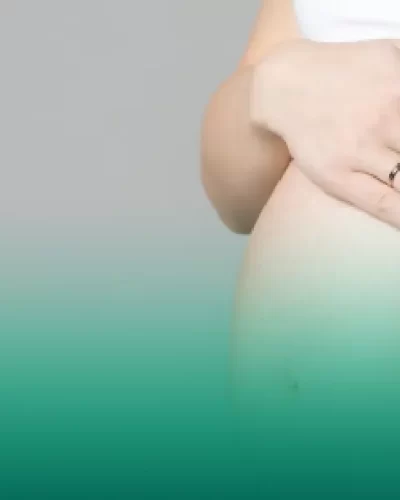Today we want to start a series of articles about the myths and misconceptions that pregnant women face. In the past, medicine was poorly developed, and people came up with various superstitions to protect themselves.
Of course, some of these superstitions have a scientific basis, for example, sitting cross-legged is not recommended because it can cause circulatory problems due to increased sensitivity and fragility of blood vessels during pregnancy.
However, most of these myths have no scientific basis.
Myth 1: Pregnant women should not knit
In ancient times, it was believed that knitting was associated with the umbilical cord – a symbol of life for the child in the womb, and therefore people were afraid of knitting during pregnancy. However, there is no connection between knitting and umbilical cord entanglement, since the baby is in the closed space of the abdomen and can move around whether the mother is knitting or not.
Another reason for this myth is the belief that knitting requires sitting in one place for a long time, which is not recommended for the health of the expectant mother and child. It is important that a pregnant woman is active, walks and leads an active lifestyle.
Myth 2: Pregnant women should not get their hair cut
There are many different variations of this myth! Some believe that cutting a haircut can make a child stupid, and that a woman cutting off her hair is cutting off part of her child’s life…
There is a belief that a person’s hair contains his energy, and witches and envious people can use this energy. To protect oneself from damage, it was previously customary to burn or bury cut hair. Because of this reason, expectant mothers were advised to refrain from cutting their hair. But modern medicine does not make any recommendations regarding hair length for pregnant women.
Hair dyeing is also allowed. In the past, dyes contained hazardous substances that could be harmful if inhaled. However, now dyes and cosmetics have become safer. But it’s worth remembering that during pregnancy, your hair color may not turn out the way you intended, and the result may differ from what you expected.
Myth 3. Pregnant women should not play with a cat, otherwise the child will have many enemies
Scientific evidence: cats can carry toxoplasmosis. Therefore, pregnant women are not advised to clean up after cats during pregnancy. Until now, this disease was not known, so women tried to avoid contact with cats due to possible negative consequences.
In addition, cats were traditionally considered associated with witchcraft, hence the famous superstition about black cats.
However, now most women are immune and cats are pets. Playing with a cat is okay, especially if the woman has a high level of IgG antibodies to Toxoplasma (this can be found out by getting tested).
If there are no antibodies, you should follow simple hygiene rules and take care of your pet, as well as regularly wash your hands, and ideally, the cat itself.
Myth 4: Pregnant women should not take medications, so it is better to be treated with herbs
A popular misconception is that pregnant women are not allowed to take medications, so they prefer to be treated with herbs.
In fact, opinions on this matter vary. However, if a critical need arises and the health benefits of the medicine for the expectant mother outweigh the potential risk to the child, then it is better to choose tablets.
Not all medications are contraindicated during pregnancy and breastfeeding. Various drugs have been well studied regarding their therapeutic effect, side effects, and their positive and negative aspects. At the same time, there is less information about the effects of herbs on the body.
It should be remembered that herbs can also have side effects, and some of them are strictly prohibited during pregnancy. For example, in ancient times certain herbs were used to terminate pregnancies.
In any case, self-medication is not recommended. Before using any medicine, you should consult your doctor.
Now, knowing this, you can make your own decisions about what to believe and what not!






